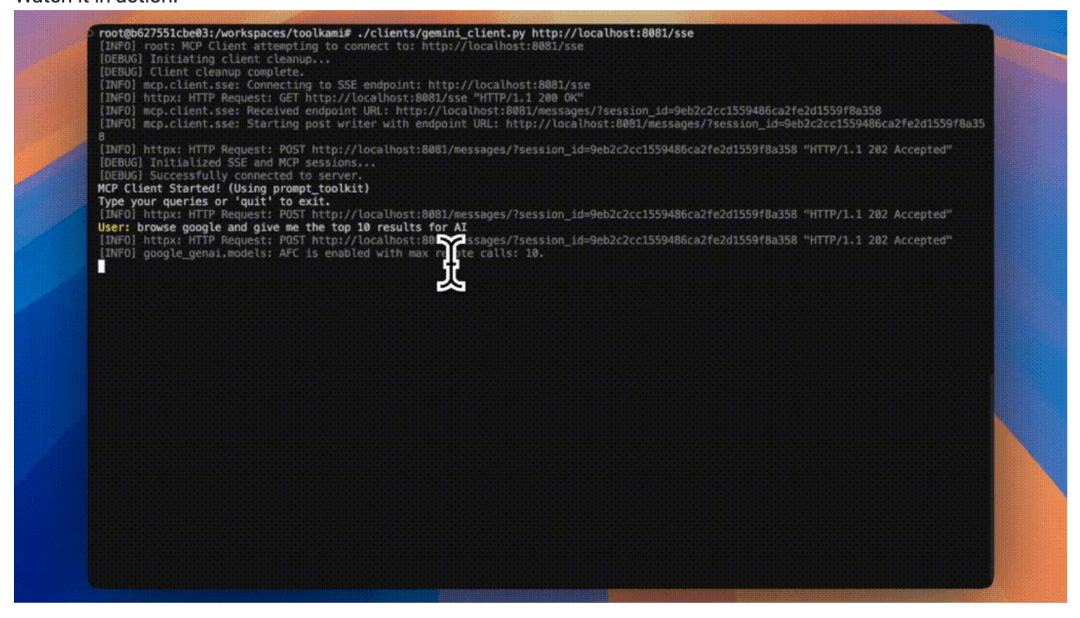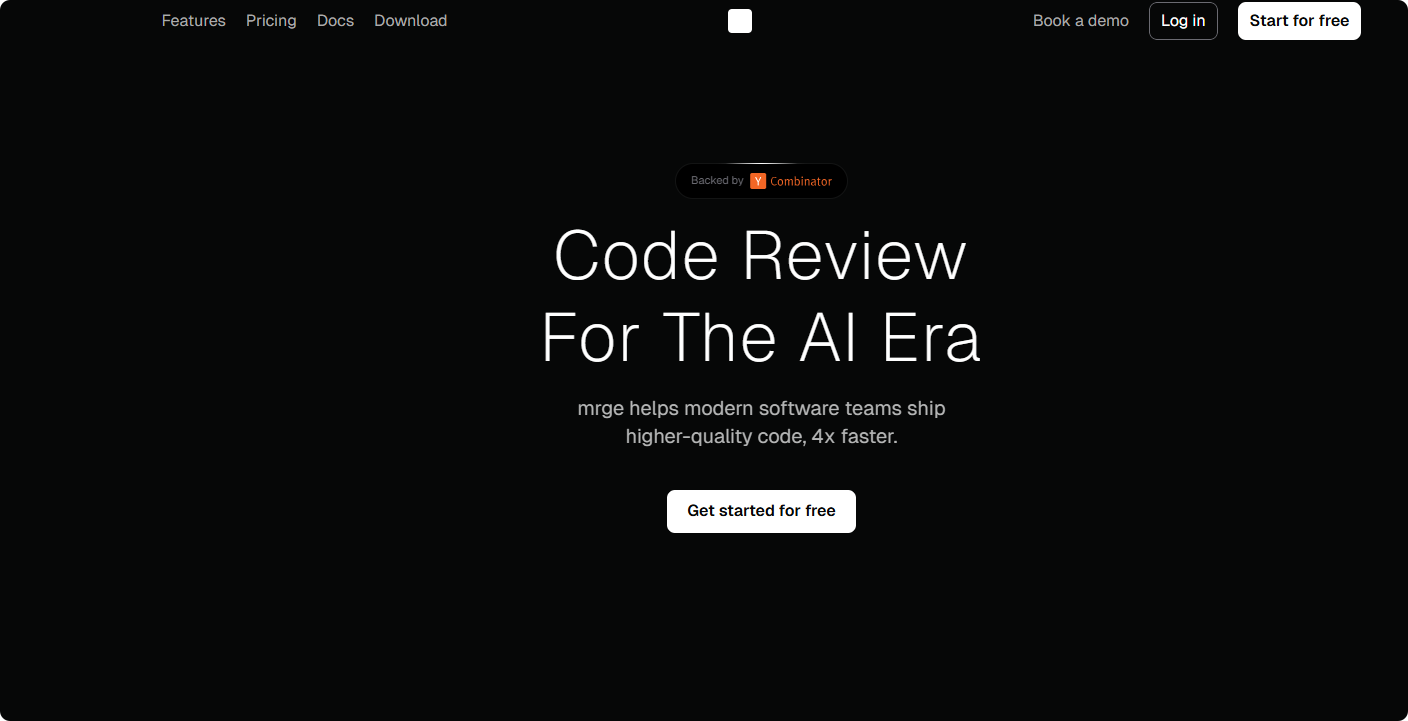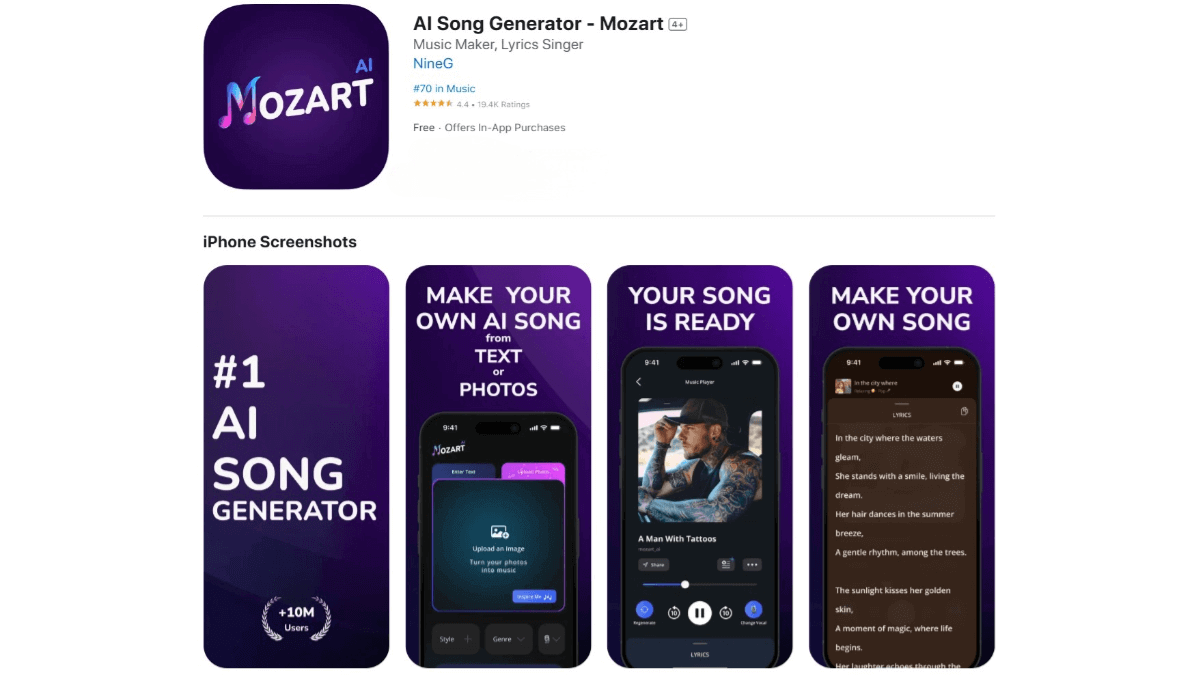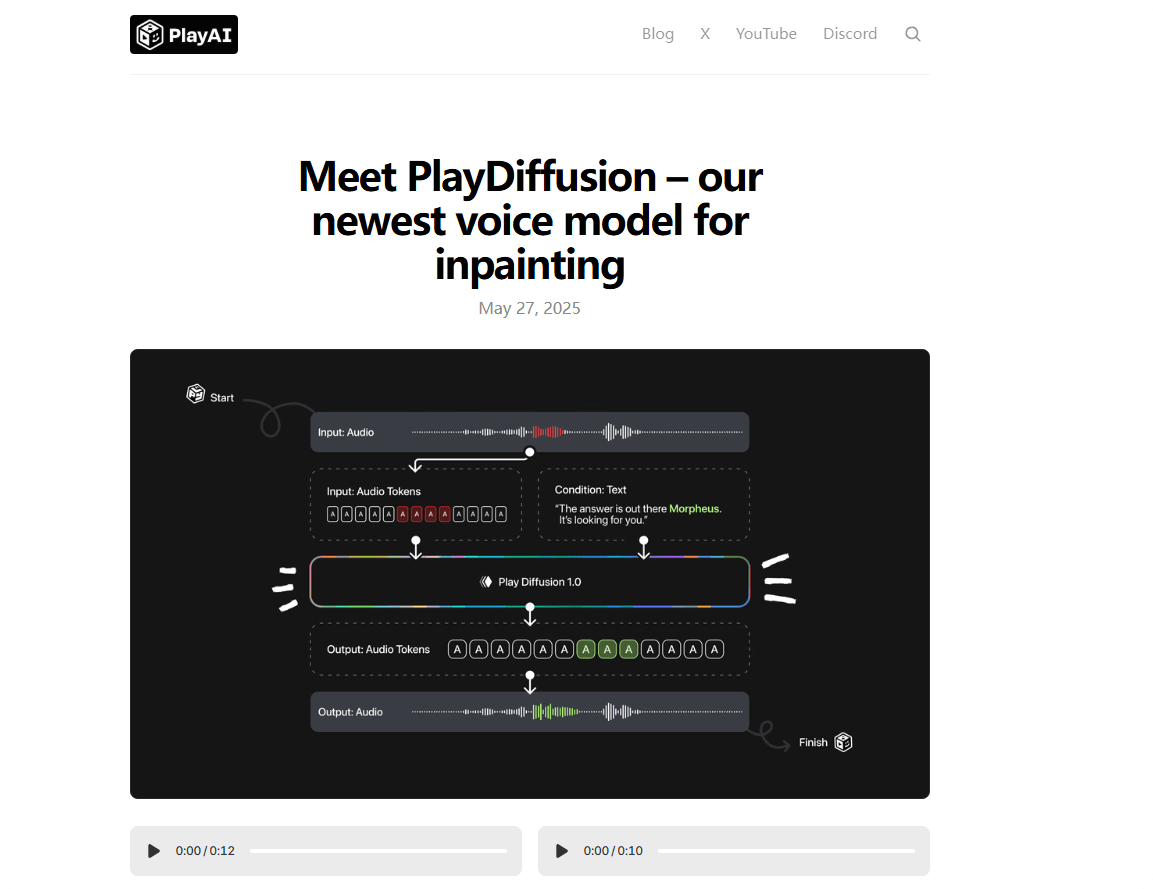“The Magnificent Seven”: Toolkami – A Minimalist Revolution in Lightweight AI Agents
What is Toolkami?
Toolkami is an open-source, lightweight AI agent framework developed by aperoc on GitHub. At its core lies the philosophy of minimalism—only seven essential tools are needed to build a functional agent. The framework is designed to be powerful yet simple, offering maximum functionality with minimal complexity.

Key Features
-
Seven Core Tools:
Toolkami relies on just seven basic tools:-
Read
-
Write
-
Diff (Compare changes)
-
Browse
-
Command (Execute commands)
-
Ask (Prompt interactions)
-
Think (Reasoning)
-
-
Turbo Mode:
Enables full automation of the agent, allowing it to run continuously without human intervention. -
Hot Reloading:
Supports live updates to the agent’s code without restarting, allowing real-time behavior modification and rapid iteration. -
Devcontainer Support:
Comes with built-in.devcontainerconfigurations for seamless development and deployment in containerized environments.
Technical Architecture
Toolkami is architected with modularity and extensibility in mind. Its core components include:
-
MCP Server:
The central control node that orchestrates communication and coordination among all tools. -
Client Modules:
Individual tools like Read, Write, etc., implemented with asynchronous programming for performance optimization. -
Environment Configuration:
Uses.envfiles to manage credentials and configuration, ensuring both flexibility and security.
Additionally, Toolkami leverages the UV package manager for dependency management, streamlining installation and updates.
Project Repository
Use Cases
Toolkami’s design makes it well-suited for a variety of scenarios, including:
-
Automated Task Execution:
Ideal for scheduled tasks like data scraping or file processing. -
Intelligent Assistant Development:
Build basic AI-powered assistants capable of interacting with users. -
Rapid Prototyping:
Quickly develop and test agent features during the early stages of AI application development. -
Education and Research:
Useful as a teaching tool to demonstrate the fundamentals of AI agents and system design.
Related Posts




